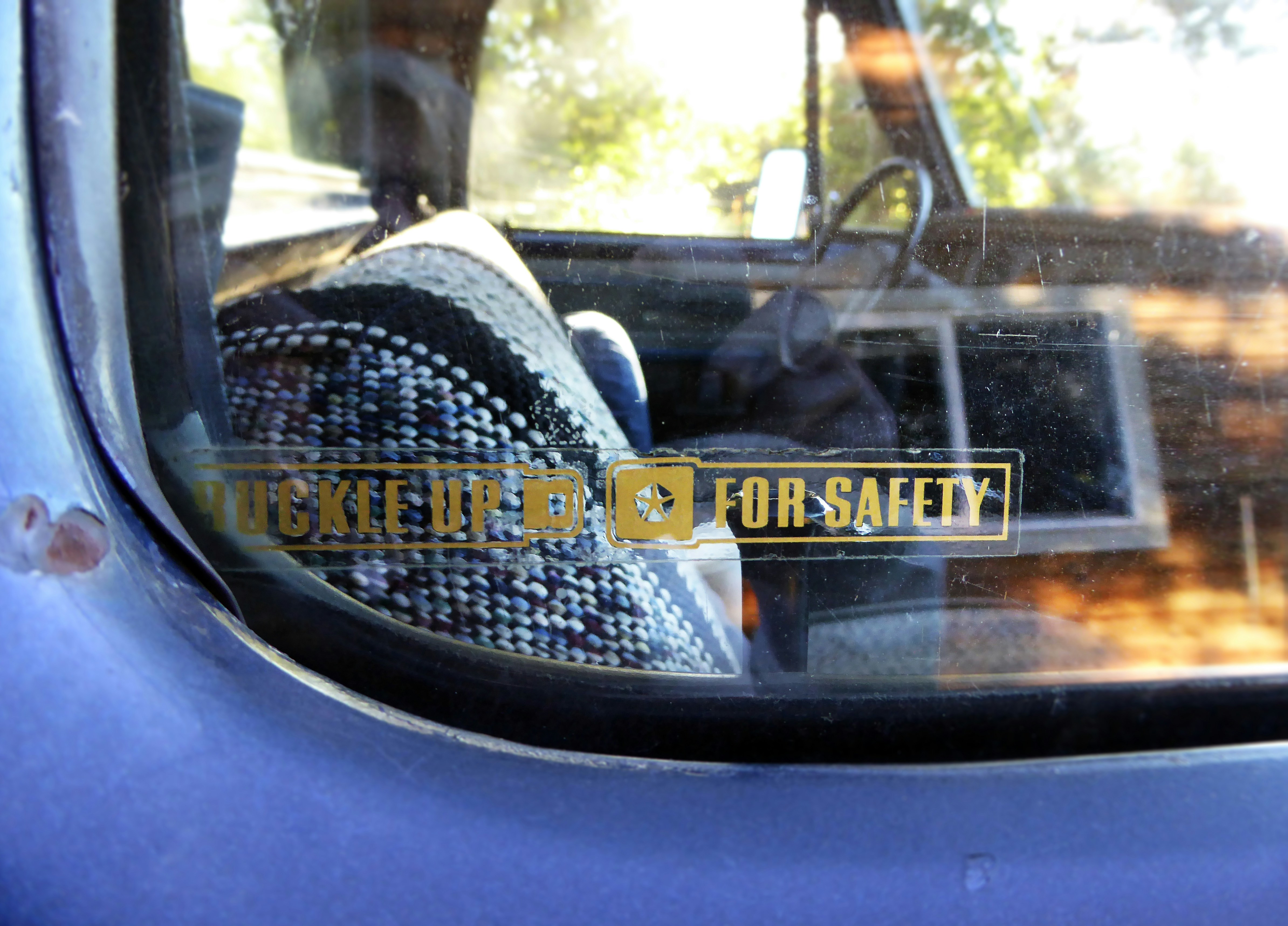Running a small business in the United States involves risk. Whether you operate a retail shop, freelance as a contractor, or manage a consulting firm, you could be held financially liable for accidents, property damage, or legal claims. That’s why small business liability insurance is not just an option — it’s a necessity.
But how much does it cost?
This guide explores the average cost of small business liability insurance, what affects pricing, what coverage includes, and how to choose the right policy for your business. It also includes smart tools and links to help you compare and find the best insurance options online.
What Is Small Business Liability Insurance?
Small business liability insurance—often referred to as general liability insurance—helps protect your company from financial loss due to claims involving:
- Bodily injury
- Property damage
- Personal and advertising injury
- Legal fees and court costs
It’s often bundled with other types of business coverage in what’s known as a Business Owner’s Policy (BOP).
Average Cost of Small Business Liability Insurance in 2025
According to recent industry reports, the average cost of general liability insurance for a small business in the U.S. ranges from $40 to $80 per month, or about $500 to $1,000 per year. However, the actual cost depends on several key factors.
Table: Sample Liability Insurance Costs by Industry
| Industry | Monthly Cost | Annual Cost |
|---|---|---|
| Retail Store | $60–$75 | $720–$900 |
| Food Truck or Catering | $55–$70 | $660–$840 |
| Construction Contractor | $90–$130 | $1,080–$1,560 |
| IT Consultant | $40–$55 | $480–$660 |
| Cleaning Service | $45–$65 | $540–$780 |
Note: These are average estimates. Your actual premium may vary.
Factors That Affect Your Liability Insurance Cost
- Business Type and Industry
- Higher-risk industries (e.g., construction) pay more due to greater liability exposure.
- Business Size
- Larger businesses with more employees or clients generally pay higher premiums.
- Location
- Costs vary by state and local regulations. Urban areas may have higher risks and higher premiums.
- Claims History
- Businesses with past insurance claims are likely to pay more.
- Coverage Limits
- Higher limits mean more protection—but also a higher premium.
- Deductible Amount
- Choosing a higher deductible can lower your monthly premium.
What Does General Liability Insurance Cover?
Most small business liability insurance policies include the following coverage:
- Third-party bodily injury: Covers medical costs if a customer gets injured at your premises.
- Third-party property damage: Covers damage you or your employees cause to others’ property.
- Legal defense: Covers attorney fees, settlements, and court judgments.
- Advertising injury: Covers claims like libel, slander, and copyright infringement.
What’s Not Covered?
Liability insurance does not cover:
- Employee injuries (requires workers’ compensation insurance)
- Damage to your own property (covered under commercial property insurance)
- Professional errors (requires professional liability insurance)
- Auto accidents (requires commercial auto insurance)
How to Get the Best Deal on Business Liability Insurance
Here are a few practical steps to lower your premium and get the best coverage:
1. Bundle Your Policies
Many insurers offer discounts when you combine general liability with property or professional liability insurance.
2. Choose the Right Coverage Limit
Most small businesses choose:
- $1 million per occurrence
- $2 million aggregate
Adjust limits based on your business size and industry risk.
3. Maintain a Clean Claims History
Avoiding claims keeps your premiums lower over time.
4. Work With a Licensed Broker
A licensed insurance agent can help you find the best value policy tailored to your needs.
Top Insurance Providers Offering Small Business Liability Insurance
Here are a few reputable companies offering policies for small business owners:
- Hiscox
- Next Insurance
- Chubb
- The Hartford
- Progressive Commercial
- Travelers
These providers offer online quotes, flexible payment options, and tailored coverage for various industries.
Do You Need Liability Insurance If You’re a Freelancer or Sole Proprietor?
Yes. Even if you run a one-person business from home, you’re still at risk for lawsuits. One accident, error, or claim could wipe out your finances. Liability insurance gives you peace of mind and legal protection.
Many clients even require proof of insurance before signing a contract. A general liability policy can help you land more business by building trust and professionalism.
Final Thoughts: Is Small Business Liability Insurance Worth It?
Absolutely. For a relatively low cost, general liability insurance offers vital protection against the financial and legal risks every small business faces.
Here’s a quick summary of why it’s worth the investment:
- Covers legal fees, settlements, and medical expenses
- Helps meet contract or lease requirements
- Builds credibility with clients and vendors
- Allows you to focus on growth, not legal threats
AssuredPolicy.com is your go-to resource for understanding and comparing small business insurance options. Whether you’re self-employed, a startup founder, or managing a growing company, we help you make confident insurance decisions with clarity and transparency.




I don’t think the title of your article matches the content lol. Just kidding, mainly because I had some doubts after reading the article. https://accounts.binance.info/kz/register?ref=K8NFKJBQ